A Pioneering Female Monarch in Ancient Sumer
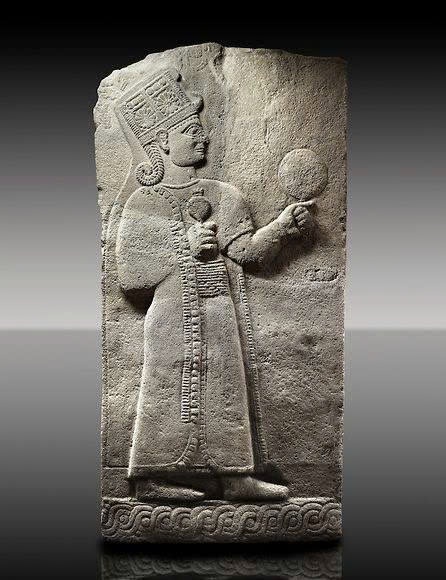
Around 4,500 years ago, a woman named Queen Kubaba ascended to power, ruling over one of the largest civilizations in ancient Mesopotamia. Her reign marked a significant moment in history, as she became the first documented female ruler of the ancient Sumerian Dynasty.
The Unique Status of Kubaba
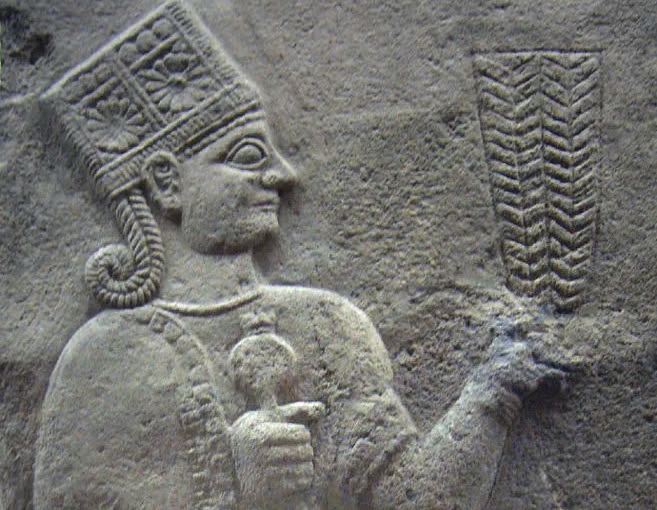
In a time when few women held positions of power in Near Eastern, Asian, or European empires, Kubaba stood out as a true monarch. Unlike many women who gained influence through familial ties, Kubaba ruled in her own right. The Sumerian King List refers to her as Lugal (king), emphasizing her status as a queen regnant rather than a queen consort.
The Legacy of a Tavern-Keeper
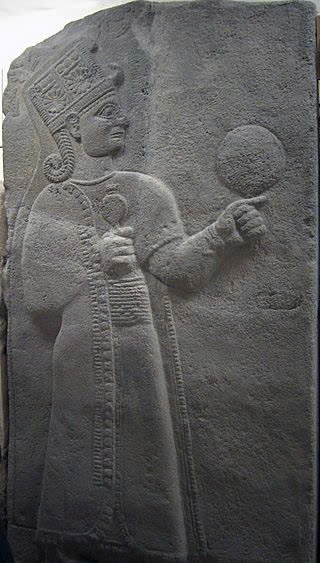
Kubaba’s journey to the throne began as the “woman tavern-keeper.” This profession, significant in Sumerian culture, allowed her to gain prominence in a society where women often managed taverns, a rare avenue for independence. Her role echoes the character Siduri from the Epic of Gilgamesh, a wise tavern-keeper who provides guidance to the hero.
The Sumerian King List and Her Reign
The Sumerian King List records Kubaba’s reign as lasting an astonishing 100 years, a feat unmatched by any other ruler on the list. She is noted for her contributions to the foundations of Kish, where she led following the Great Flood and the defeat of Sharrumiter of Mari.
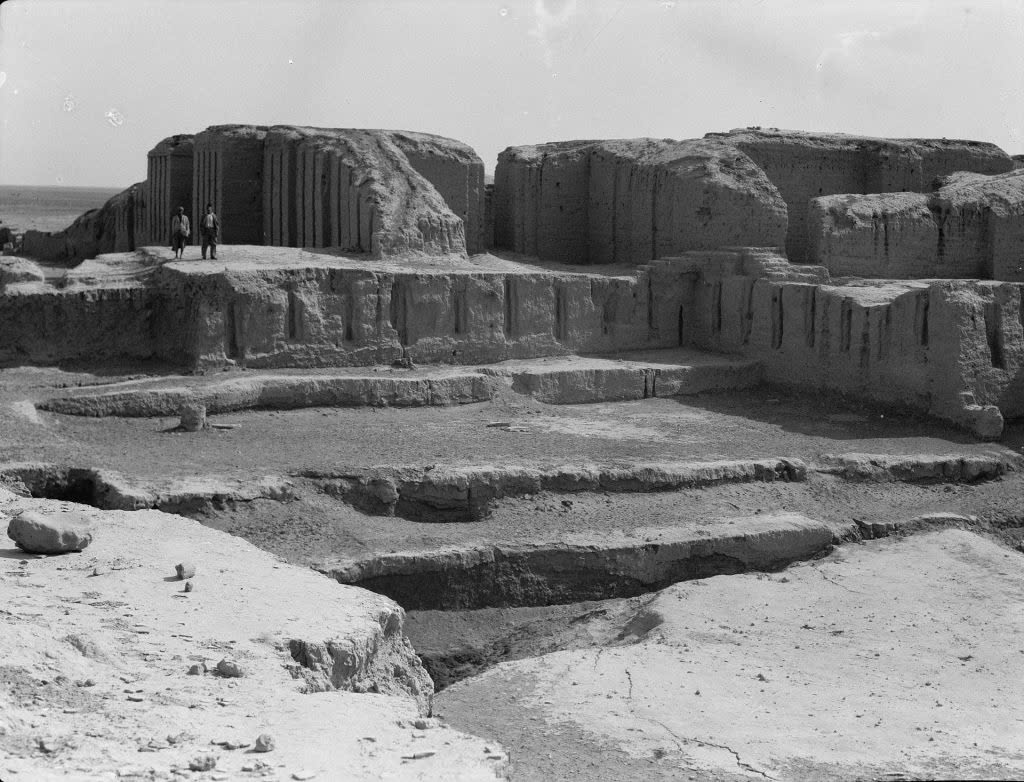
Divine Favor and Historical Impact
Kubaba’s rise to power is intertwined with divine favor. According to legend, she gained sovereignty after persuading a fisherman to honor the god Marduk with offerings. This act of devotion led to Marduk entrusting her with the title of sovereign over the world, a testament to her unique position in history.
The Transformation of Kubaba’s Legacy
Over time, the human aspects of Kubaba’s legacy faded, and she was worshipped as a deity in later eras. Her connection to the city of Carchemish highlights her enduring influence, though the direct link to her historical self remains unclear.
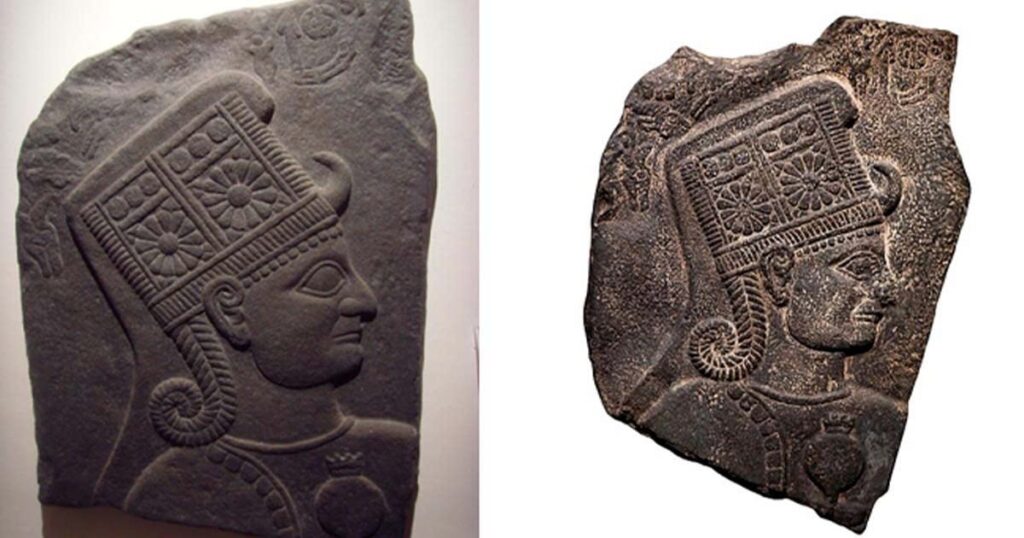
In conclusion, Queen Kubaba’s remarkable story not only highlights her role as a pioneering female ruler but also serves as an enduring symbol of female empowerment in ancient history.
